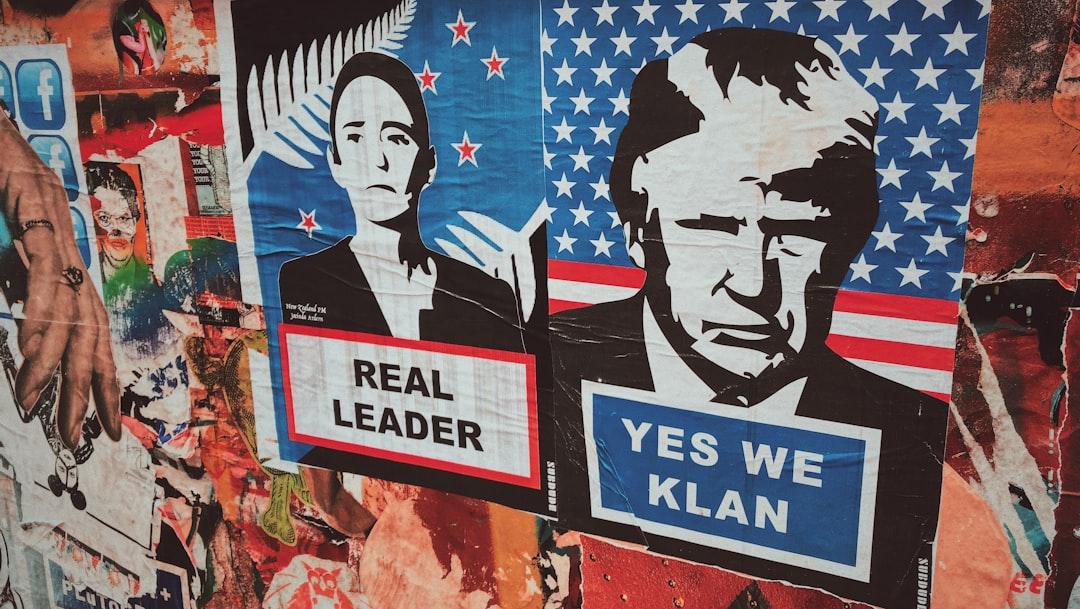What is it about?
This paper is about understanding why, how and to what effect nationalism becomes part of everyday activities such as consumption during times of economic hardship. It reflects on Greece after the global financial crisis and the resurfacing of a campaign which first emerged in the 1980s when the country joined the European Union. The resurfacing of this campaign signals a mythical narrative of economic recovery that is in the hand of consumers, to compensate for the failure of the state in regulating the economy.
Featured Image
Why is it important?
This is important because it shows the spectrum of nationalism and its mythologies. It is also important because it connects the state to the market in times of crisis and raises our awareness of the latent ways in which exclusionary narratives about 'the national' emerge. Such an approach can be extended to different contemporary examples.
Perspectives
This is important as it connects the crisis to the rise of nationalism by problematising 'soft' types of nationalism articulated through consumer narratives.
Dr Eleftheria Lekakis
University of Sussex
Read the Original
This page is a summary of: Economic nationalism and the cultural politics of consumption under austerity: The rise of ethnocentric consumption in Greece, Journal of Consumer Culture, June 2015, SAGE Publications,
DOI: 10.1177/1469540515586872.
You can read the full text:
Contributors
The following have contributed to this page










